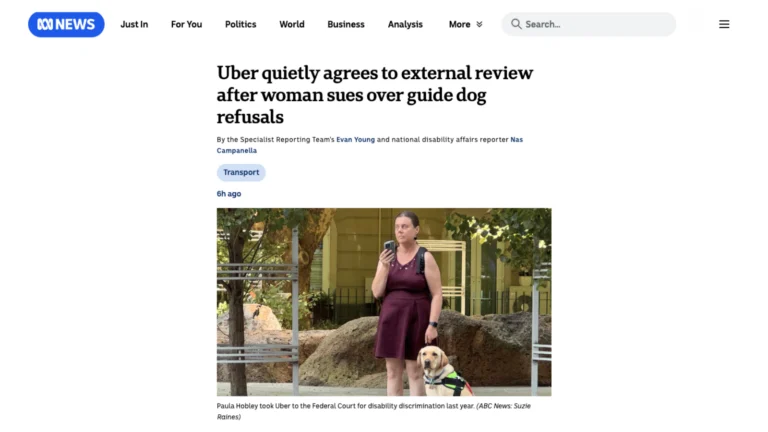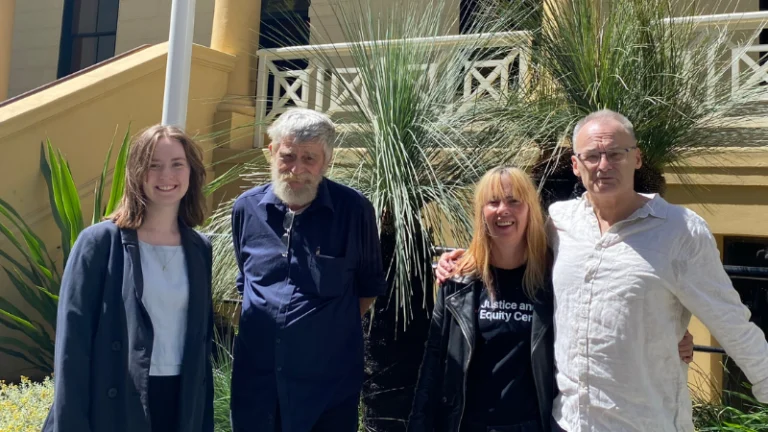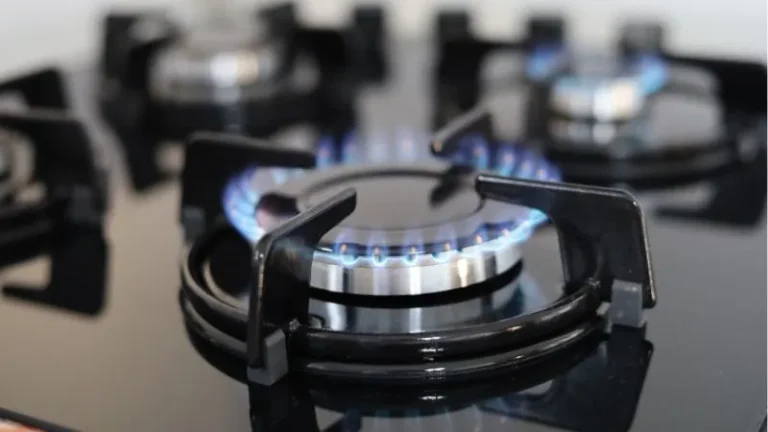Leading NSW energy consumer advocate, the Public Interest Advocacy Centre has dismissed the government’s plan to increase the supply of gas as a capitulation to lobbyists that is risky, expensive and an ineffective way to help people and businesses struggling with high gas prices.
‘It is disappointing that the Morrison Government has ignored advice from experts and calls from the community in its ‘gas-led recovery’ plans,’ said Craig Memery, Head of Energy Policy, Public Interest Advocacy Centre.
‘There are myriad ways to kick-start the economy now and help people afford their energy bills in the future. Using government money to expand the extraction and use of fossil fuels is not one of them. Gas extraction creates very few jobs and subsiding its supply is unlikely to deliver lower gas prices for consumers.’
‘Instead of sinking taxpayers’ money into unnecessary and uneconomical developments, the government should be using the COVID-19 recovery to help people and businesses struggling with high gas prices either transition away from the fuel or afford it where they can’t,’ said Mr Memery.
Public money is better invested in renewable energy and job-rich projects that will help people afford their power bills, such as an energy efficiency scheme for low-income homes.
In June, PIAC joined more than 50 other groups including the Australian Industry Group, the Australian Council of Social Services and National Shelter to call for an energy efficiency and solar installation program for low-income households.
‘Improving home energy efficiency creates jobs, helps people lower their energy use and bills, lowers emissions and reduces demand on the grid,’ said Mr Memery. ‘This proposal was supported by a wide range of community, consumer and business groups, the federal government should support it too.’
The government’s proposals to fund a new gas generator in the Hunter Valley and to underwrite projects such as pipelines are disruptive to the gas and electricity markets and add costs to both.
‘Existing gas generators have a role in providing short bursts of energy when needed while the energy system becomes completely renewable,’ said Mr Memery. ‘However, gas is on the way out and the government intervening to build a new gas generator creates uncertainty, mixes signals and makes the transition to renewables costlier.’
‘Nothing is preventing investment in effective pipelines today,’ said Mr Memery. ‘The government shouldn’t be making investments where the private sector will not.’
The government suggestion of a voluntary industry-led code of conduct for gas companies is unlikely to empower gas consumers.
‘If government was serious about affordability it would be imposing regulations on profitable energy businesses not giving them handouts,’ said Mr Memery.
MEDIA CONTACTS: PIAC Energy Communications Officer, Anna Livsey: 0478 739 280


